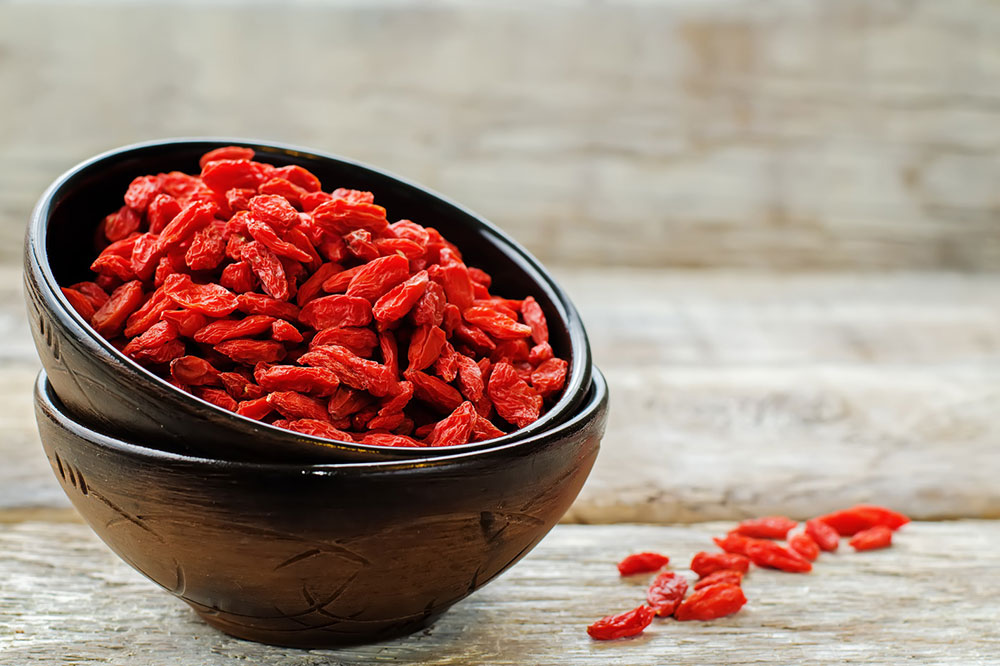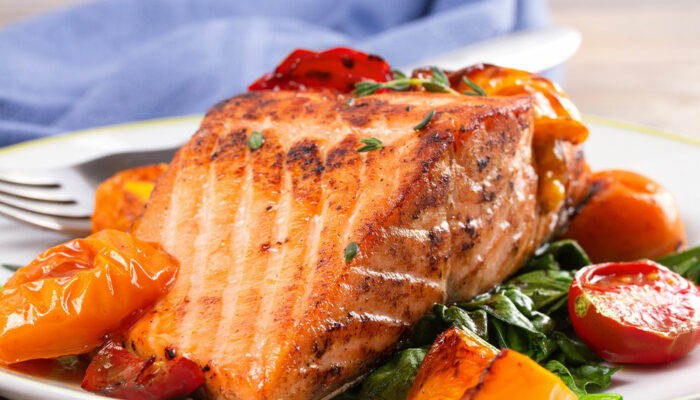
Foods That Can Help Manage Depression
When dealing with depression, one might find comfort in some simple foods to improve moods and concentration. The most crucial nutrients that researchers believe help prevent and treat depression are folic acid, omega-3 fatty acids, iron, zinc, vitamins A, B, and C, selenium, potassium, and magnesium. Here are nine foods that can help manage depression and improve overall health.
Fermented Foods
Yogurt, sauerkraut, miso soup, kefir, sourdough bread, soft cheese, kimchi, and tempeh are perfect examples of fermented foods that are excellent sources of probiotics. Since gut bacteria like lactobacillus and bifidobacterium play an important role in mood fluctuations and mental health, depression risk is significantly reduced with the regular consumption of such foods.
Dark Chocolate
A dark chocolate bar with 70 to 85 percent cocoa has fiber, copper, manganese, iron, and antioxidants. It helps protect against sun damage, protects the heart, prevents oxidative stress, improves brain function, reduces anxiety, and enhances mood.
Leafy Greens
The folate in leafy greens like lettuce, cabbage, spinach, kale, watercress, collard, and swiss chard promote digestive and cardiovascular health. The fiber in greens keep the gut free of toxins and encourages the growth of healthy enzymes. At least five servings of nutrient-rich greens must be part of the diet. Add them to salads, soups, wraps, and smoothies or bake leafy greens into crispy chips.
Bananas
Bananas contain vitamin B6 that enables the production of serotonin, a neurotransmitter that helps balance mood. Also, bananas are a rich source of dietary fiber, vitamin C, and potassium and are low in calories and fat. They boost nerve and muscle health in people with depression.
Salmon
The vitamin D and Omega-3 fatty acids, and antioxidants like astaxanthin in salmon help protect the myelin sheath that covers nerve cells in the brain, reduces the risk of mood fluctuations and protects the skin from sun damage. While Omega-3 strengthens brain function, vitamin D prevents the risk of depression. Salmon also reduces the risk of cancer, significantly lowers blood pressure, and fights inflammation. Increased inflammation is directly related to an increased risk of depression.
Sweet Potatoes
Sweet potatoes are rich in betacarotene, an antioxidant that prevents cell damage in the brain. The complex carbohydrates in these root vegetables promote the production of serotonin, a happy chemical, and they release energy slowly by stabilizing blood sugar levels in the body, thus preventing mood fluctuations.
Oysters
Oysters, mollusks, and shellfish contain zinc, a mineral that helps boost immunity and helps prevent depression. Zinc enables anti-depressants to work more efficiently. Since zinc is a crucial neuromodulator, it improves mood and cognitive functioning of the brain.
Blueberries
Vitamin C and polyphenol-rich wild blueberries are a great choice of food to chase the blues away. These prevent brain cell damage and enable brain functioning during depression phase. Frozen or fresh wild blueberries have valproic acid that initiates an almost immediate positive impact on moods. The flavonoid anthocyanin in blueberries helps prevent the onset of depression, while the vitamin C in it reduces stress.



